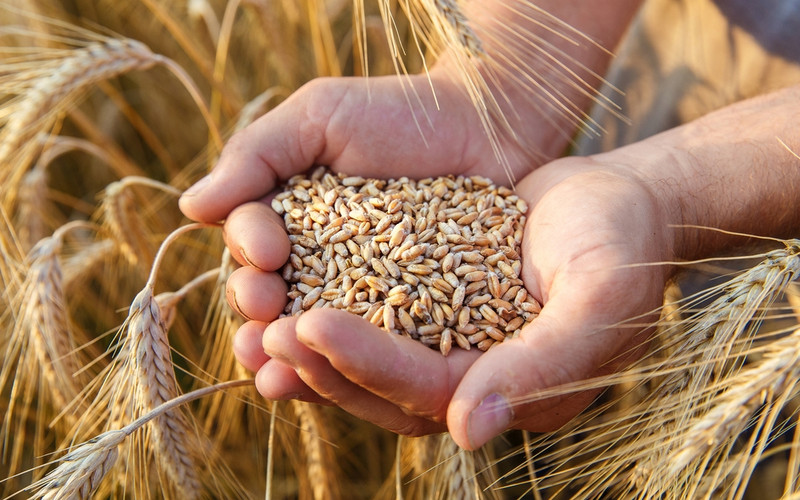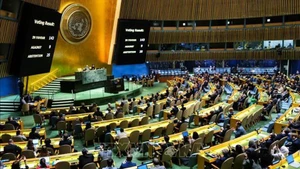Experts fear a serious food crisis is coming. The problem of the Russia-Ukraine conflict has not been solved, causing the spring crop in Ukraine to be interrupted and arable land abandoned because people are more worried about life safety than focusing on production.
Russia is restricting grain exports to ensure domestic supply in the face of harsh Western sanctions. No country can replace the two Eastern European countries in the export of wheat to the world market at present.
Russia and Ukraine are the world’s two largest grain growers and exporters, accounting for about 30% of all wheat production, 32% of barley, 17% of maize and 75% of sunflower oil. Countries in the Middle East and North Africa are hoping the Russian-Ukrainian conflict will end soon, because they depend heavily on grain supplies from these two countries.
Not only the reduction in productivity and farming areas, the logistical difficulties on the borders with Romania, Hungary, Slovakia and Poland have left Ukraine only able to export 600,000 tonnes of grain per month to Europe, instead of 5 million tonnes as before.
Russia is expected to sell abroad up to 11 million tonnes of grain, with 8 million tonnes of wheat from February 15 to June 30. However, Western sanctions have brought Moscow’s exports to a halt. According to estimates by the US Department of Agriculture, wheat exports from Russia and Ukraine will decrease by 7 million tonnes, equivalent to a decrease of 12% compared to the previous season.
The energy shortage and rising prices in addition to a sharp decrease in fertiliser supply from Russia are also contributing to the decline in farming productivity and food exports, as Moscow accounts for 17% of the global fertiliser supply.
Before the geopolitical tensions in Eastern Europe, Ukraine imported 75% of its diesel oil from Russia and the rest was supplied by sea, but the maritime routes are now closed.
The lack of diesel fuel to operate agricultural machinery leaves Ukrainians unable to cultivate the spring crop or only produce moderately. Fertiliser shortages also create both short- and long-term effects on the global supply of cereals and other foods on the global scale.
In addition to the fear of food shortages, many countries around the world, especially poor countries that depend on external supplies, are still worried about the galloping food prices. Food prices have risen to the highest levels in 61 years since the Food and Agriculture Organisation of the United Nations (FAO) began publishing the FAO Food Price Index.
Specifically, the FAO Food Price Index in March reached 140.7 points, 3.9% higher than the previous month and more than 24.1% above the same period in 2021. High food prices make global food security becomes precarious.
According to FAO estimates, if the Russia-Ukraine conflict persists, causing food exports to decline, the number of undernourished people in the world could increase by 8-13 million. Even in East Africa, which has already been struggling with a drought for the past three years, food shortages will become even more severe.
Executive Director for the UN World Food Programme (WFP) David Beasley warned that about 270 million people around the world are on the brink of starvation. About 811 million people were malnourished in 2020, 161 million people higher than in 2019. The COVID-19 pandemic has not ended, the conflict in Ukraine has ignited like fuel on the fire, raising fears of food insecurity, poverty, hunger and malnutrition.
Tensions in Ukraine are threatening to destroy the fruits of the WFP’s years of efforts to secure food for some 125 million people in need. Before the conflict, 50% of the grain that the WFP used to support countries was purchased from Ukraine. The conflict also made it impossible for the WFP to import fertilisers from Russia and Belarus. Therefore, farming productivity in the coming time will be seriously affected and the harvest output is forecast to decrease by at least 50%.
According to food experts, millions of families in the many underdeveloped areas in the world, instead of eating well and dressing well, now only think about full and nutritious meals.
















